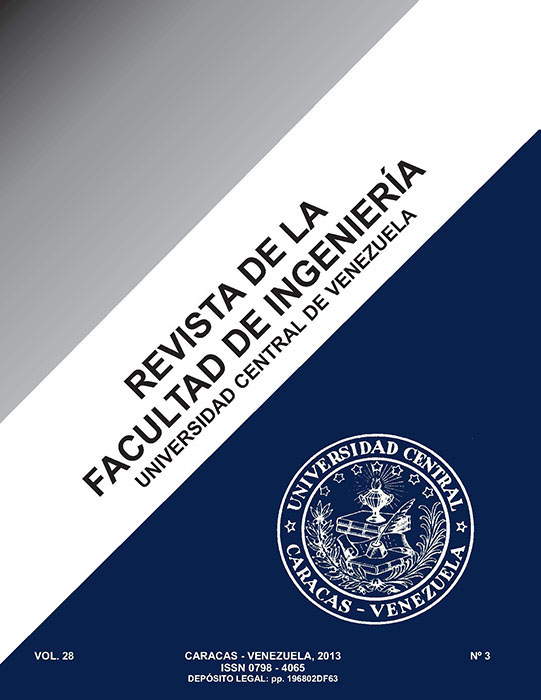LA CONCENTRACIÓN DE JUGOS DE FRUTA: ASPECTOS BÁSICOS DE LOS PROCESOS SIN Y CON MEMBRANA / CONCENTRATION OF FRUIT JUICES: BASICS OF THE PROCESSES WITH AND WITHOUT MEMBRANE
Keywords:
Membranas artificiales, Jugos de fruta, Calidad del concentrado, Compuestos termosensibles, Recuperación de aromas.Abstract
El consumo de jugos de fruta es beneficioso para la salud. Son alimentos libres de colesterol y presentan antioxidantesnaturales, que les confieren un atractivo especial a los consumidores. Los jugos poseen un 70-95 % de agua, pero sumayor importancia, desde el punto de vista nutricional, es su aporte a la dieta de vitaminas, minerales, enzimas y fibra. Sinembargo, los responsables del valor sensorial y nutricional de estos productos, son termosensibles, y el uso de tratamientosinapropiados para la concentración puede provocar pérdidas considerables de vitaminas, el deterioro del color, delaroma y del sabor. El propósito de este trabajo es presentar una revisión de algunas aplicaciones de los procesos que seutilizan para concentrar jugos de fruta -sin y con membrana- para ejemplificar sus aspectos básicos haciendo énfasis enventajas, limitaciones, condiciones de operación y la calidad del concentrado. Los resultados indican que los procesos conmembrana son una alternativa para superar los inconvenientes de aquellos que no la emplean, porque operan a temperaturasmoderadas, retienen vitaminas y otros componentes importantes, además de ser muy versátiles y modulares.
ABSTRACT
The consumption of fruit juices is beneficial to health. They are cholesterol free foods and have natural antioxidants thatgive them a special appeal to consumers. Juices have 70-95% water, but more important, from the nutritional point ofview, is their contribution to the diet of vitamins, minerals, enzymes and fiber. However, those responsible for the sensoryand nutritional value of these products are heat sensitive. The use of inappropriate treatment for concentration may resultin significant losses of vitamins, deterioration of color, aroma and flavor. The purpose of this paper is to present a reviewof some applications of the processes used to concentrate fruit juices -with and without membrane- to illustrate their basicaspects emphasizing advantages, limitations, operating conditions as well as the quality of the concentrate. The resultsindicate that the membrane processes are an alternative to overcome the shortcomings of those that not use it, because theyoperate at moderate temperatures, retain vitamins and other important components, and are modular and versatile.
Keywords: Artificial membranes, Fruit juices, Concentrate quality, Heat-sensitive compounds, Aroma recovery.



